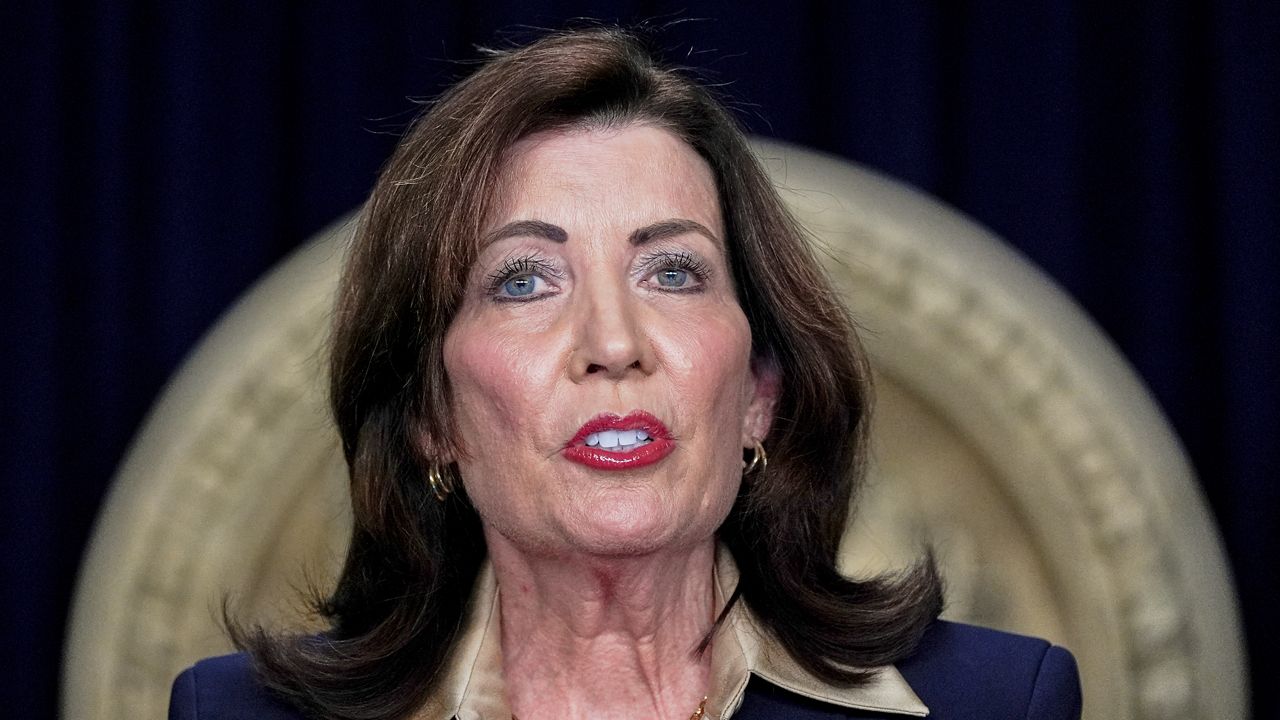A coalition of labor unions and progressive advocacy organizations making a renewed push this month to approve a measure meant to reduce corporate power in New York and tighten anti-trust laws.
Advocates hope the measure, backed by state Sen. Mike Gianaris and Assemblyman Jeff Dinowitz, builds enough momentum to pass the finish line before the end of the legislative session on June 2.
Business organizations, however, have opposed the measure in the past over its tighter regulations they say could harm economic growth in the state.
The bill is meant to strengthen and expand existing anti-trust laws already on the books in New York. It would cover anti-competitive acts by a single company that are seen as harming competition, not multiple firms acting together. It would also create a lower definition for "dominance" in a marketplace rather than a monopoly as a threshold for when a company is harming competition.
"There is national momentum behind reforming and updating antitrust law to deal with the challenges presented by today’s monopolists," the coalition, New Yorkers for a Fair Economy, wrote in a bill memo in support. "Passing the Twenty-First Century Antitrust Act would be a major step forward in that fight, and we urge you to do it as soon as possible."
The measure also includes protections aimed at workers as well, including provisions that would address the concentration of labor markets and a lowered threshold for dominance in the labor market and an exemption for collective bargaining agreements.
The bill has been opposed by business organizations, including the Lawsuit Reform Alliance over the potential legal exposure that could be created for companies operating in New York.
The Business Council last year in a six-page white paper outlined its opposition to the legislation as well, underscoring concerns around the lack of specifics for what corporate "dominance" would mean under the law if approved.
"The vagueness of this definition leaves it very poorly tailored to the problem it was meant to solve, and creates an enormous risk that the statute will be applied in an untold number of additional circumstances that the drafters of the legislation probably never intended," the group wrote.








